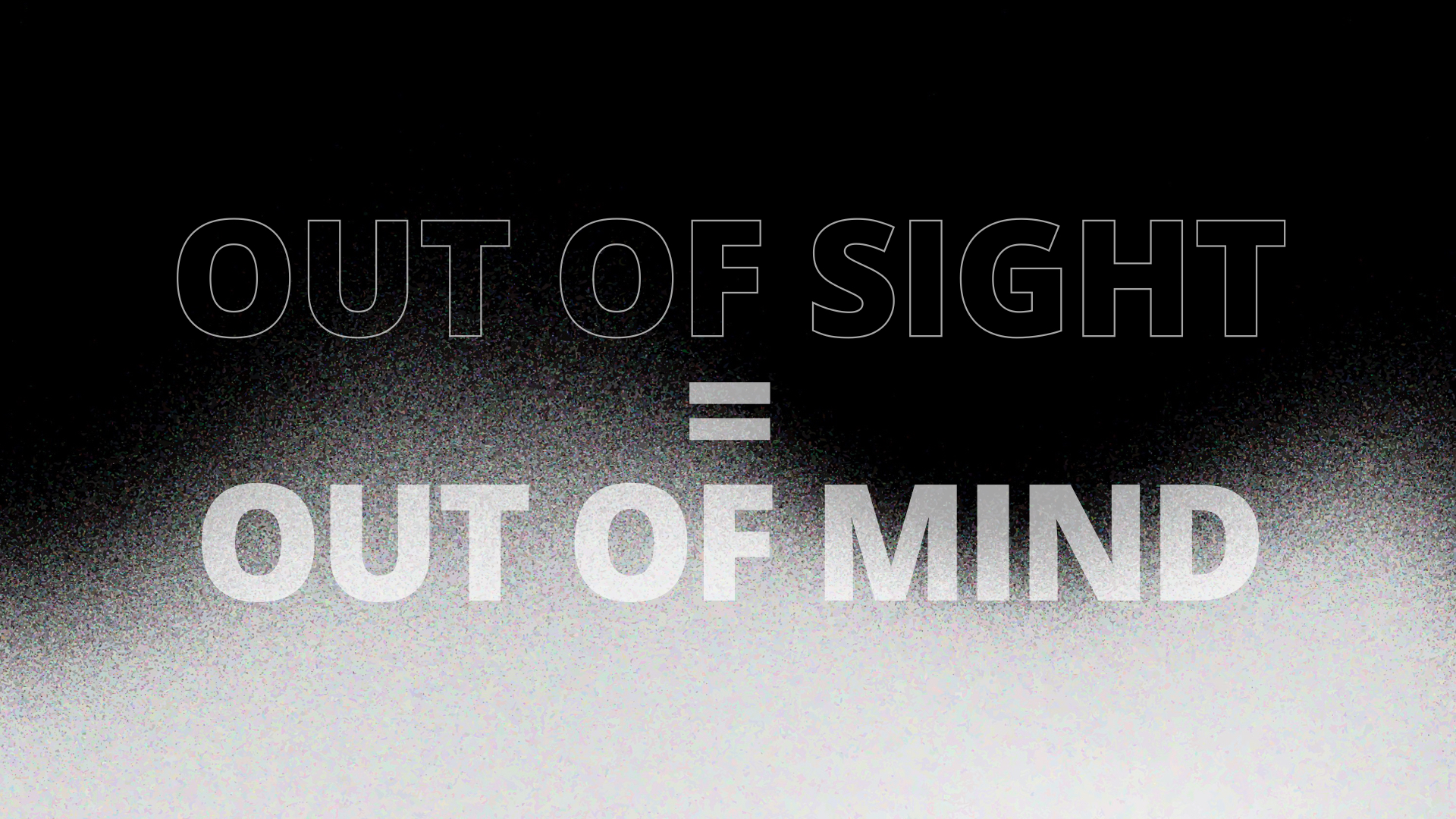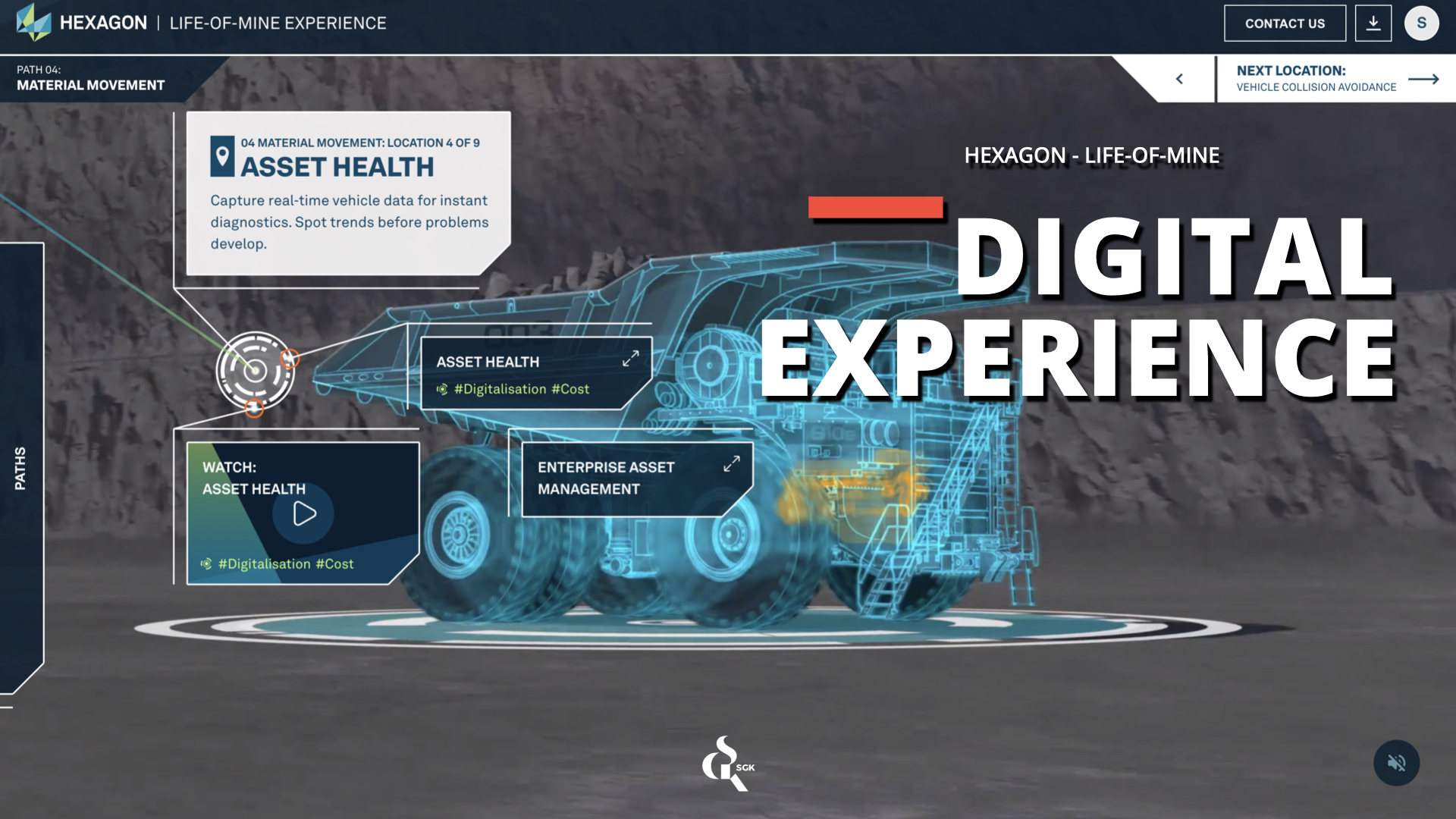Brand Experiences
Marketing Complex Products and Services: Moving the Out of Sight, Front of Mind
By Jan Paul Glas & Simon Cole

If you are responsible for marketing a product or service that is either complex, new to market or invisible to the naked eye then you are all too aware of the challenges that this task presents.
What do we mean by a complex product or service?
Think data or connectivity, or financial products and services as examples.
We find that often businesses fall into the trap of making their prospective customers experts in their product to try to compensate for their complexity. This overly detailed or confusing messaging can lead to cognitive overload with choice paralysis. And it begs the question:
What do you achieve by making your customers experts?
If your customers or targets cannot see how the solution works for them, they won’t engage with your brand or product. No matter how good your solutions are, if your customer cannot visualize them, they are in effect invisible.
As marketeers, there’s no denying that selling a complex product or service can feel very daunting. Here at SGK, our speciality is in putting the “Out of Sight, Front of Mind.” Let’s explore how we de can do that.

Managing complexity
If your product is new to market or very complicated, it makes perfect sense to try educate your prospective customer in the product, by providing longer, clearer explanations for them to understand what it does, how it works and the features it has, correct?
Well, maybe.
A case in point: Have you, or do you know of anyone, that has replied to a text while driving? We all know how dangerous this is, it’s common knowledge.
According to the DOT in the US, 3,477 people died and 391,000 were injured in crashes caused by drivers who were texting or using mobile phones.
27% of the drivers in those fatal crashes were under the age of 20.
This shocking statistic prompted additional research. It discovered that 97% of teenagers are aware of the dangers of texting and driving.
Clearly the education behind safety campaigns was working as almost the entire audience understood the message.
Yet 69% of drivers admitted to using their mobile phone while driving in the previous month.
This tells us that education alone does not change behaviour. When it comes to marketing complex products, knowledge doesn’t drive action.
Knowledge is not essential to build trust.
“If they don’t understand it, how can they trust it?” Why else are marketeers drawn to over explaining and educating customers in their products? Just look at the rise in conspiracy theories to highlight how people don’t trust what they don’t understand.
If you’ve ever had a headache, you’ve probably taken Paracetamol to alleviate the pain. But do you know how Paracetamol works? The truth is nobody really understands how it works. You might hear that it blocks “pain receptors”, but on a molecular level, no one is certain how. All we know is that it does work. And everyone trusts Paracetamol to ease pain.
How about some other examples?
Coca Cola has a secret recipe, yet many of us are happy to drink it in large volumes. On its website, Iron Bru mentions its secret recipe and claims to have 32 flavours, but lists only four on the ingredients. The NYT bestseller is a badge of honour that drives many of us to purchase books en-mass, but the NYT has no definition of what a “Bestseller” actually is. WD-40’s formula and Google’s algorithms are both secret. Apps on our phones use near field communication to access our bank accounts, and we have no problem letting the technology take money from our accounts.
We trust all the above, without the need to understand the science behind them. In life, there are many things that we don’t understand or know how they work, yet we trust them. Trust is often not based our deep understanding of a product.
Understand your audience
Many marketing briefs require you to engage and market to multiple audiences. In the world of B2B, there are likely to be many decision makers and influencers; with the end user and the budget holder needing different messaging and levels of detail depending on their knowledge base in order to make informed decisions. The same applies to other complex markets like healthcare where doctors, carers and persuaders all have a very different understanding of the problem and solution.
The key is to understand your audience. When creating a brand experience for a technology client in the mining industry, we realised the importance of avoiding the temptation to educate the mining community solely by showcasing other companies’ products as visual aids within a mining environment. Instead, we aimed to engage them by demonstrating how our client’s technology could directly improve their work, simplify their lives, and help them to achieve their goals.
To achieve this shift in focus, we decided to move away from the typical approach of only highlighting the physical elements in a mine like trucks, drills, and rocks, which the client doesn’t sell. Instead, we prioritised showcasing the impact of our client’s technology on unseen aspects of mining, such as data analysis, planning and safety measures – making previously invisible benefits unmissable. By doing this, we successfully brought these crucial aspects “Front of Mind” for their target audience.

Know what you sell
The key to moving the out of sight to the front of mind is to know who you are selling to, and what it is you are actually selling.
Heineken know exactly what they sell. “That’s obvious, beer!” I hear you say. Well, not according to Mr Freddy Heineken himself, who said “I don’t sell beer, I sell gezelligheid” (Dutch for “good times”). Knowing what you sell is key and knowing that their brewery is not selling beer, did Heineken very well.
Stop selling your product. To get front of mind, sell your value.
To find out more about our process of discovery to help you make your products memorable, get in touch.